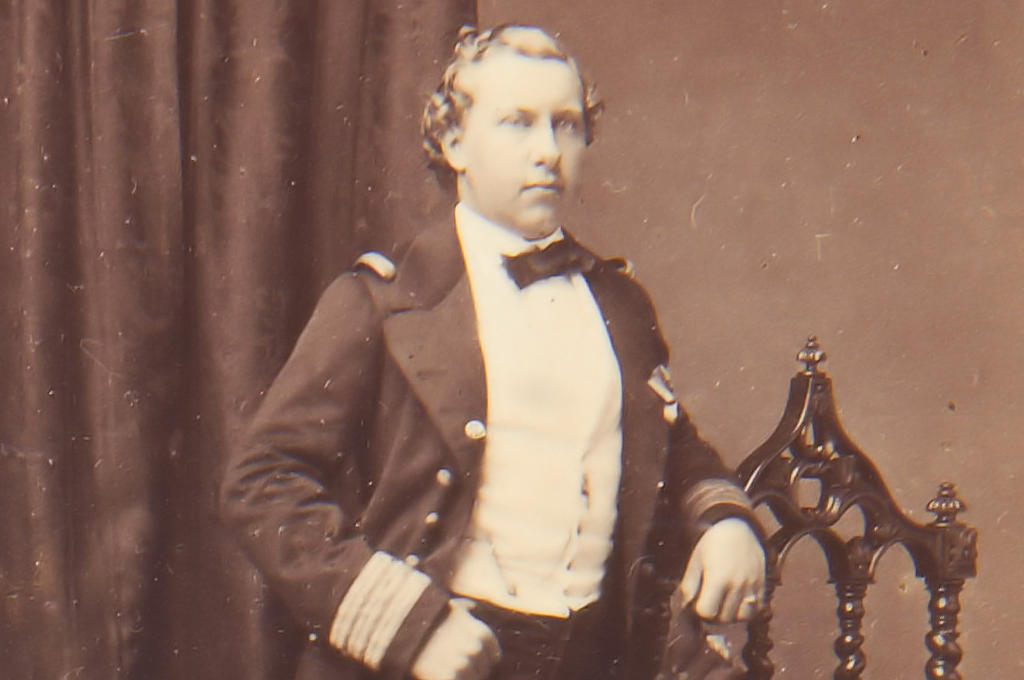In terms of governance, Luís faced the complexities of a divided political landscape. His reign saw the rise of transitional governments known as Rotativism, formed by the Progressistas (Liberals) and the Regeneradores (Conservatives). King Luís generally favored the Regeneradores, securing their long-term presence in office after 1881. However, despite his political leanings, Portugal experienced domestic stagnation during this period. The nation struggled to keep up with Western European counterparts in areas such as public education, political stability, technological progress, and economic prosperity.
Regarding colonial affairs, Portugal faced setbacks and missed opportunities. While Delagoa Bay was confirmed as a Portuguese possession in 1875, Belgian activities in the Congo and the 1890 British Ultimatum prevented Portugal from colonizing present-day Botswana. This dashed the hopes of establishing a connection between Portuguese Angola and Portuguese Mozambique during the peak of the Scramble for Africa.
Lisbon.vip Recommends
In addition to his legitimate heirs, King Luís I fathered an illegitimate son named Carlos Augusto, born in 1874 in Lisbon.
The reign of King Luís I of Portugal was a time of transition, challenges, and missed opportunities. While he was known as "the Popular" and had a genuine interest in literature, his reign was marked by domestic stagnation and setbacks in colonial endeavors. The complexities of political factions, coupled with personal struggles, shaped his time on the throne. Despite these difficulties, King Luís I left a significant impact on Portuguese culture and history, both through his literary contributions and his descendants who would shape the nation's future.



